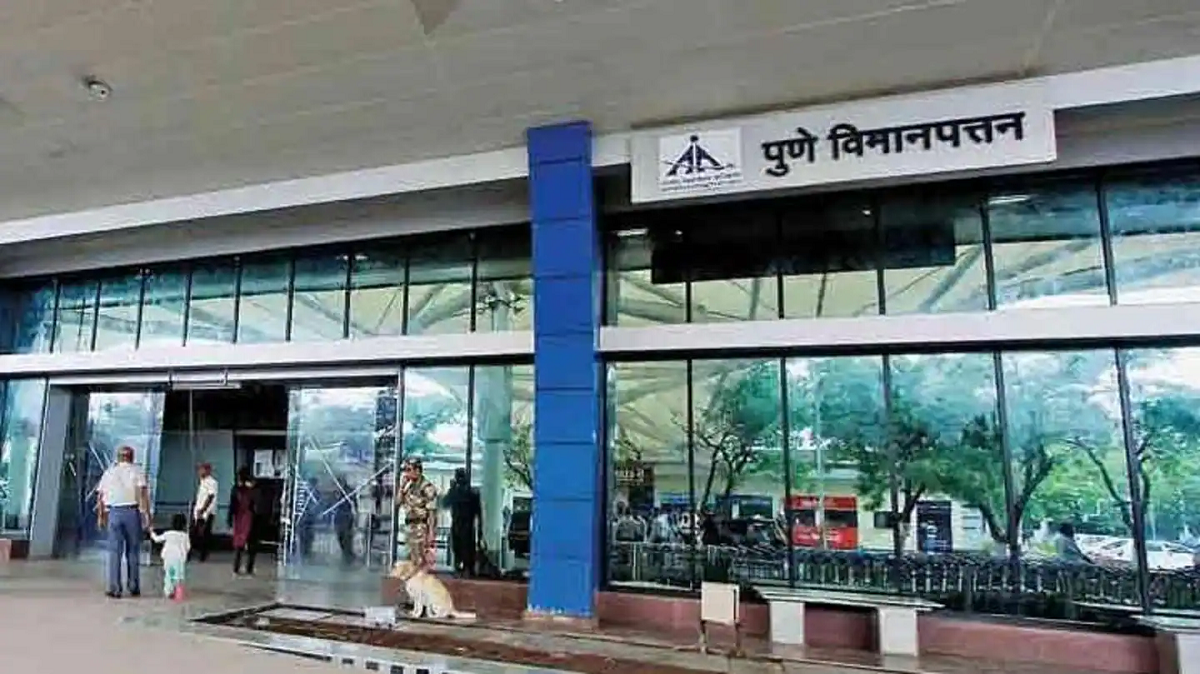Parliamentary proceedings are governed by a set of rules and procedures that allow members to discuss and debate various issues of public importance. Parliamentary Motions play a vital role in these proceedings, serving as mechanisms for expressing opinions, testing the government’s mandate, and addressing urgent matters. In this article, we will explore and analyze the different types of motions used in Parliament, ranging from motions with voting implications to those designed for discussions without voting.
Table of Contents
Adjournment Motion
The Adjournment Motion is an extraordinary parliamentary device used to discuss a matter of immediate public importance. It requires the Speaker’s consent and must be supported by at least 50 members. The motion interrupts the regular business of the House, making it a powerful tool to address urgent concerns. Notably, this motion is available in the Lok Sabha but not in the Rajya Sabha.
While the passage of an adjournment motion does not lead to the government’s resignation, it is a strong censure of the government’s actions. This motion serves as a means for the opposition to highlight pressing issues that demand immediate attention.
Closure Motion
The Closure Motion is employed to curtail the debate on a specific matter before the House. If approved, the debate is stopped immediately, and the matter is put to vote. This motion is intended to expedite discussions when there is a belief that further debate would not yield any new insights or perspectives.
Motion with a Vote
The Motion with a Vote, brought under Rule 184 in the Lok Sabha, allows for a debate followed by a voting process on a particular question. The outcome of the vote determines the Parliament’s official position on the issue. If passed, this motion obliges the government to adhere to Parliament’s decision, making it a significant legislative tool for matters of national importance.
Short Duration Discussion
Under Rule 193 in the Lok Sabha and Rule 176 in the Rajya Sabha, Short Duration Discussions take place to allow Members of Parliament to discuss specific issues of public importance without voting. The debates typically last for a fixed duration, usually not exceeding two hours, and serve to bring attention to crucial matters while providing a platform for diverse perspectives.
No-Confidence Motion
No Confidence Motion (NCM) is a robust parliamentary procedure used to test the support and majority of the government in the Lok Sabha. For an NCM to be admitted, it requires the support of at least 50 members. If the motion is passed, the government is bound to resign, signalling a loss of majority support in the House.
The No-Confidence Motion is a significant political event and is usually brought forth when there is a perception that the government is losing its majority. It allows the opposition to hold the government accountable and demand a change in leadership if necessary.
Confidence Motion
Unlike the No-Confidence Motion, the Confidence Motion is brought by the government itself. It is used when the government, formed with a slender majority, is called upon by the President to prove its majority on the floor of the House. The passage of a Confidence Motion confirms the government’s continued mandate to govern.
Privilege Motion
The Privilege Motion empowers a member to initiate a motion when they believe a minister has violated the privileges of the House or its members by withholding crucial information or providing manipulated facts. This motion serves as a means to express disapproval and criticize the actions of the concerned minister.
Motion of Thanks
The Motion of Thanks is a customary parliamentary procedure to express gratitude for the President’s Address at the commencement of the Lok Sabha session. It involves a debate, and the motion must be passed in the House; otherwise, it amounts to the defeat of the government.
Cut Motion
Cut Motions are proposed to reduce the amount of demand in the budget. If passed, they indicate a lack of parliamentary confidence in the government and may lead to its resignation.
Conclusion
The functioning of Parliament relies on a diverse range of motions to facilitate discussions, debates, and expressions of confidence or no confidence in the government. Each motion serves a specific purpose, from testing the government’s mandate to addressing urgent matters or expressing disapproval. Understanding these different types of motions is essential in comprehending the parliamentary process and the tools available to lawmakers for upholding democracy and accountability.



